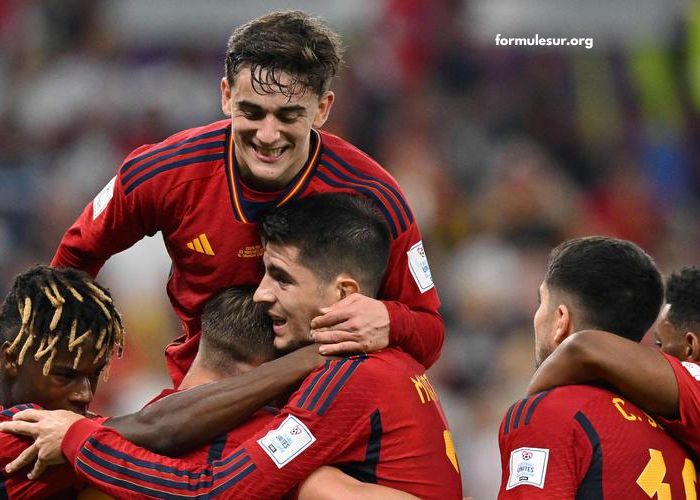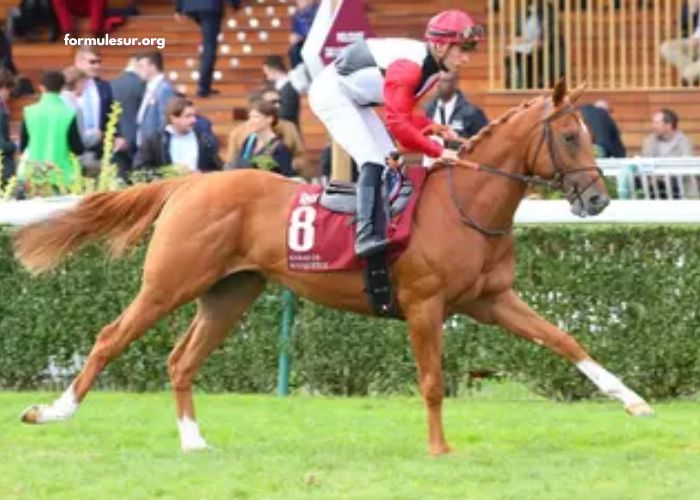The clash between Barcelone – Real Madrid is more than just a football match—it is a spectacle that draws global attention and defines the legacy of La Liga. Known as El Clásico, this fierce competition is rooted in pride, politics, and pure passion.
Every encounter between Barcelone – Real Madrid sparks excitement among millions of fans, with emotions running high on and off the pitch. Their matches are a stage where legends are made, rivalries are renewed, and drama is guaranteed.
What Makes Barcelone – Real Madrid So Iconic?
The battle of Barcelone – Real Madrid is widely regarded as the biggest football rivalry in the world, transcending the boundaries of sport. It’s a head-to-head filled with political tension, historical background, and sporting greatness that makes every clash monumental.
When Barcelone – Real Madrid face off, it’s not just two clubs competing—it’s two different ideologies and cultural identities going toe-to-toe. From Catalan pride to Madrid’s central dominance, this rivalry carries decades of societal symbolism that adds depth to every goal.
From the legendary eras of Cruyff to Zidane, Messi to Ronaldo, Barcelone – Real Madrid has always showcased world-class talent. These matches are never just about the three points—they’re about legacy, bragging rights, and eternal moments etched in football history.
Every meeting of Barcelone – Real Madrid features packed stadiums, electrifying fans, and billions of global viewers. It’s a fixture that every footballer dreams of playing in, and every fan dreams of witnessing live due to its unmatched intensity and historical magnitude.
How Has The Rivalry Between Barcelone – Real Madrid Evolved?
The rivalry of Barcelone – Real Madrid has evolved from a regional clash to a global showdown that symbolizes excellence in football. The origins were rooted in politics and regional identity, but the passion has only grown stronger through decades.
In the early days, Barcelone – Real Madrid was shaped by dictatorial regimes and civil unrest in Spain. Over time, it became a fierce sporting duel, where every match carried both football and socio-political weight, turning it into a deeply emotional affair.
The rivalry has matured through countless legendary duels—Di Stéfano, Puskás, and later the Galácticos clashing with La Masia graduates like Xavi and Iniesta. Each generation of Barcelone – Real Madrid has added its own twist to this eternal saga.
Today, with both clubs having worldwide fanbases, the matches between Barcelone – Real Madrid dominate headlines, hashtags, and hearts. Whether it’s a league decider or a Copa del Rey tie, every game adds a new layer to this historic rivalry.
Why Is The Barcelone – Real Madrid Clash Called El Clásico?
The term El Clásico is synonymous with Barcelone – Real Madrid, representing a fixture that defines Spanish football. It’s not just a name—it’s a brand of football that delivers entertainment, unpredictability, and prestige unlike any other match.
The phrase “El Clásico” emerged as a way to honor the long-standing and high-stakes nature of Barcelone – Real Madrid matches. These aren’t just football games—they are intense, often title-defining moments that fans circle on their calendars each season.
When fans say El Clásico, they immediately think of the global audience, unforgettable goals, and the epic duels that take place when Barcelone – Real Madrid compete. The title itself carries the weight of decades of footballing magic and drama.
What makes El Clásico so significant is the star-studded lineups that have featured in Barcelone – Real Madrid games. The sheer quality of football, mixed with raw emotion and historical meaning, ensures that every match lives up to the name.
Who Are The Key Legends In Barcelone – Real Madrid History?
Over the decades, Barcelone – Real Madrid has been graced by legends who redefined the rivalry and left lasting legacies. From breathtaking goals to unforgettable performances, these icons have elevated El Clásico to mythic proportions.
For Barcelone – Real Madrid, names like Alfredo Di Stéfano and Cristiano Ronaldo are forever etched into Madrid’s glorious history. On the other hand, figures like Johan Cruyff, Ronaldinho, Lionel Messi, and Xavi have become synonymous with Barcelona’s flair and identity.
Messi is the top scorer in the history of Barcelone – Real Madrid fixtures, and his performances in El Clásico are the stuff of legend. From stunning solo runs to iconic celebrations, he made these matches a personal stage for brilliance.
Similarly, Ronaldo’s goal-scoring feats and fierce competitiveness added fire to every Barcelone – Real Madrid battle. These legends didn’t just play—they shaped the rivalry, turning ordinary matches into timeless memories that fans will never forget.
How Do Tactics Differ In Barcelone – Real Madrid Matches?
Tactically, Barcelone – Real Madrid often pits two contrasting philosophies against each other—possession versus pace, structure versus spontaneity. These stylistic differences make every El Clásico a masterclass in football strategy.
Barcelona has historically relied on tiki-taka, a short-passing style that aims to control the game’s tempo. In Barcelone – Real Madrid matches, this strategy seeks to suffocate the opposition and dominate the midfield with relentless movement.
Madrid, by contrast, thrives on counter-attacking football, using speed and precision to break down opponents. In the context of Barcelone – Real Madrid, this creates a thrilling dynamic as both teams try to impose their rhythm on the game.
Managers often adapt their strategies specifically for Barcelone – Real Madrid, knowing the stakes and intensity. These tactical battles between coaches are just as vital as the players on the pitch, and they play a huge role in determining the outcome.
What Impact Does Barcelone – Real Madrid Have On Football?
The influence of Barcelone – Real Madrid goes far beyond La Liga, shaping the future of football itself. From broadcasting innovation to youth development models, their rivalry has set benchmarks across the globe.
Every Barcelone – Real Madrid match is broadcast in over 180 countries, often outperforming major global events in viewership. This worldwide attention has made El Clásico one of the most valuable sporting properties in the world.
Youth academies worldwide look up to La Masia and Real Madrid’s Castilla, inspired by the talent showcased in Barcelone – Real Madrid. These clubs have produced generations of players who go on to dominate world football at both club and international levels.
Commercially, the reach of Barcelone – Real Madrid fuels massive sponsorship deals, fan engagement strategies, and social media trends. This rivalry isn’t just a sporting event—it’s a cultural phenomenon that defines modern football’s identity.
Conclusion
Barcelone – Real Madrid is far more than a football match—it’s a clash of ideologies, histories, and unmatched passion. With each fixture, this legendary rivalry continues to redefine the boundaries of sport, culture, and identity.
From iconic players and unforgettable goals to tactical masterclasses and global influence, Barcelone – Real Madrid remains the pinnacle of footballing drama and excellence. Whether you’re a die-hard supporter or a neutral fan, witnessing Barcelone – Real Madrid is to experience football at its most passionate, powerful, and poetic.



